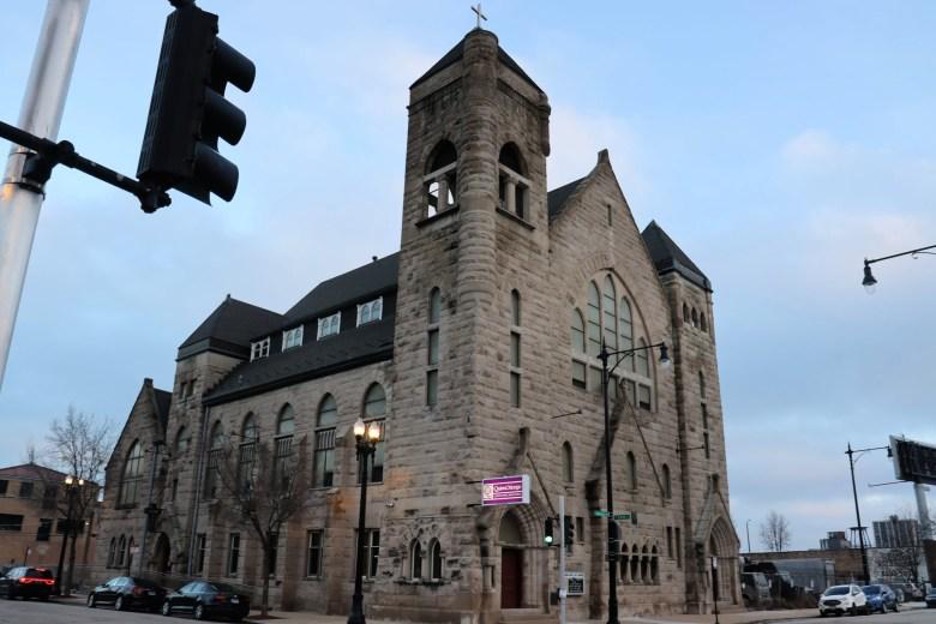A Juneteenth Moment: COVID & the Real Meaning of Freedom
Perhaps we have reached a plateau inconceivable a year ago: the lifting of COVID restrictions across the country. Life finally appears to be returning to normal, just in time too for Independence Day. Indeed, President Biden made this one of his chief goals, and hoped to mobilize Americans behind vaccination efforts by framing his call around the holiday. The juxtaposition is striking, but an obvious one, given our previous year confined under a global pandemic—get vaccinated to be free on the country’s day of freedom. Yet, it is not so much July 4th as much as it is Juneteenth that makes this crucial point about what freedom really means.
Juneteenth, which is also called Emancipation Day, is celebrated by many Black people to commemorate the day that enslaved Black people in Galveston, Texas learned they were free, some two years after President Lincoln’s Emancipation Proclamation, freeing slaves in rebelling states. On June 19, 1865, General Gordon Granger arrived to the area. The Civil War ended in April, but Confederates continued fighting well into May. Granger came to impose order on the state, and to announce General Order # 3: “The people of Texas are informed that, in accordance with a proclamation from the Executive of the United States, all slaves are free. This involves an absolute equality of personal rights and rights of property between former masters and slaves.”[1]
The order’s point about “absolute equality” spoke to the very conceptions of freedom that many enslaved people throughout the South had long held, evidenced, for example, by the petitions some had submitted to governors, state legislatures, and courts as early as the 18th Century, demanding rights. Their quest for equality continued well after emancipation. Even as many searched to reunite with loved ones, become educated, and lead lives on their own terms, they also organized groups and conventions dedicated to pressing for reparations, political and legal rights, and racial equality. Within a few years, the federal government reflected these efforts, passing the 13th, 14th, and 15th Amendments. The Amendments abolished slavery, established citizenship and equal protection under the law regardless of race, and granted voting rights to Black men. Yet, these unprecedented efforts, known as the Reconstruction era, failed by 1877 in the collapse of political will and the rise of white terrorist groups determined to crush Black aspirations and Black political power. In 1898, the Supreme Court handed down perhaps the coda to this moment, upholding segregation in the case of Plessy v. Ferguson, which launched over half-a-century of the Jim Crow era.
In our present moment of freedom from COVID, amid escalating racial violence, ongoing police brutality, and calculated assaults on the Black vote, what Juneteenth reminds us of annually is something the formerly enslaved well understood: real freedom is not just about the absence of restrictions; it is also about rights and the expansion of democracy to make liberty all that it could and should be.
[1] Annette Gordon-Reed, On Juneteenth, (New York: Liverlight Publishing Corporation, 2021), 124.





